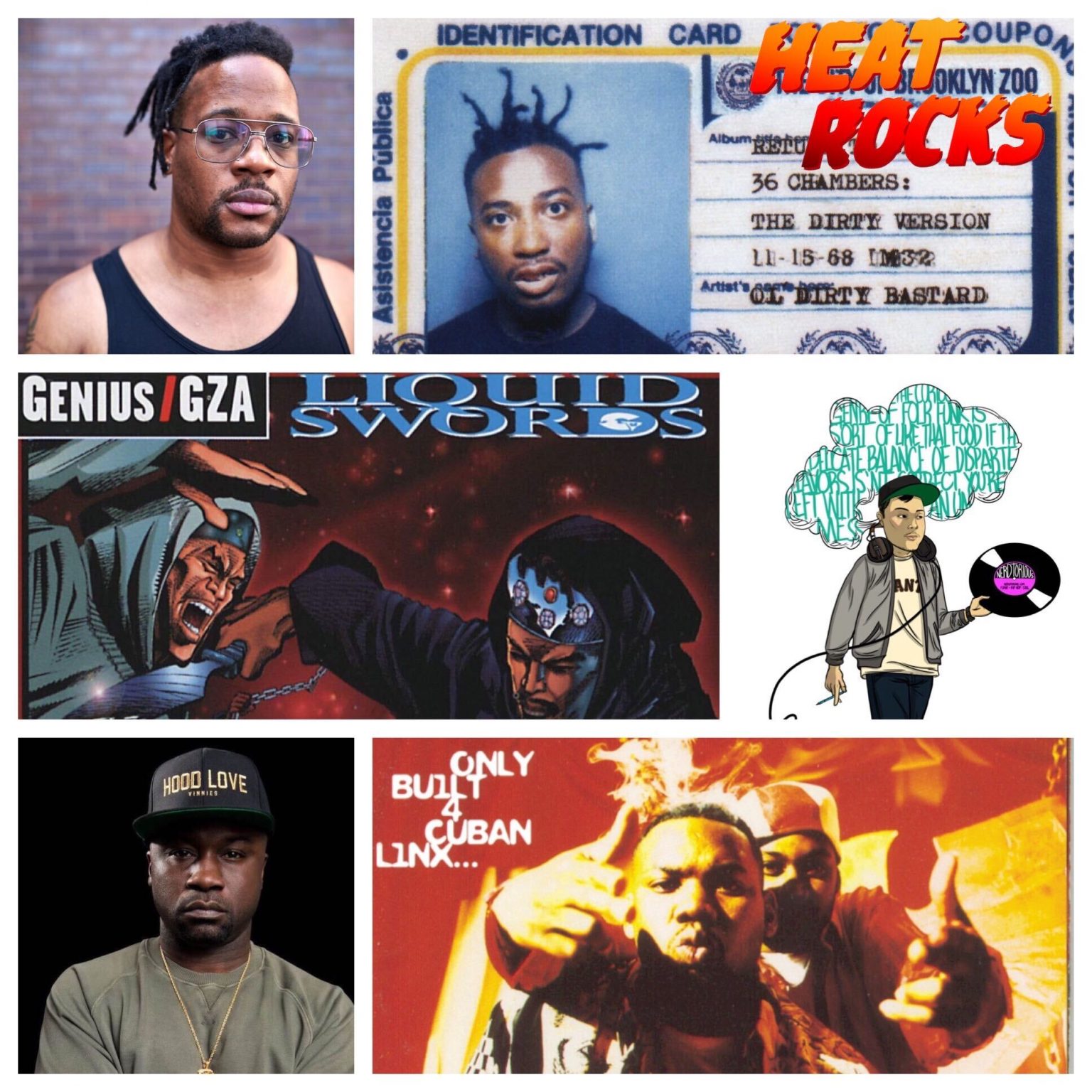

His dad walked out, gave Raekwon a giant hug, and said, "You want to meet your grandma?" Raekwon walked another block or so behind his father to meet his grandma. When he was six years old, a big cousin said to him, "We are taking you to see your father today." Happily, Raekwon followed him for two blocks to his father's home. Born Corey Woods in Brownsville, New York, in 1970, Raekwon had a loving mother, extended family and a community who cared for him dearly, but that didn't protect him from the societal ills that Black men born in the '70s and '80s in underserved urban communities faced. Police brutality, poor housing, poor schools, food deserts, limited opportunities, racism, gang violence, and fatherlessness - all fell on Raekwon's head before middle school. Something that's real, but at the same time, something that gives these youngsters some hope."

"The most important thing was to do it and let it be from the heart. "I went a little bit more in depth with things that I would've wanted to be in the series, but it might have just been a little bit too hard or too grimy or too much," he said of his book, now available from Gallery. RELATED: " There's things you don't know about Wu": RZA on "American Saga" & his new post-Katrina heist film Raekwon is opening up now about his upbringing for his fans and a younger generation, some of whom have been introduced to him through " Wu-Tang: An American Saga," the Hulu series loosely based on the group's early days, now in its second season. When we sat down recently for a conversation about his book, music, career and life, he talked about how his desire for male camaraderie, informed by that absence, impacted his journey into music. The talented lyricist and cofounding member of the '90s mega-group Wu-Tang Clan, known on stage as The Chef, didn't have a relationship with his father. "I met my father once." Hip hop icon Raekwon begins his memoir, " From Staircase to Stage," with this line.


 0 kommentar(er)
0 kommentar(er)
